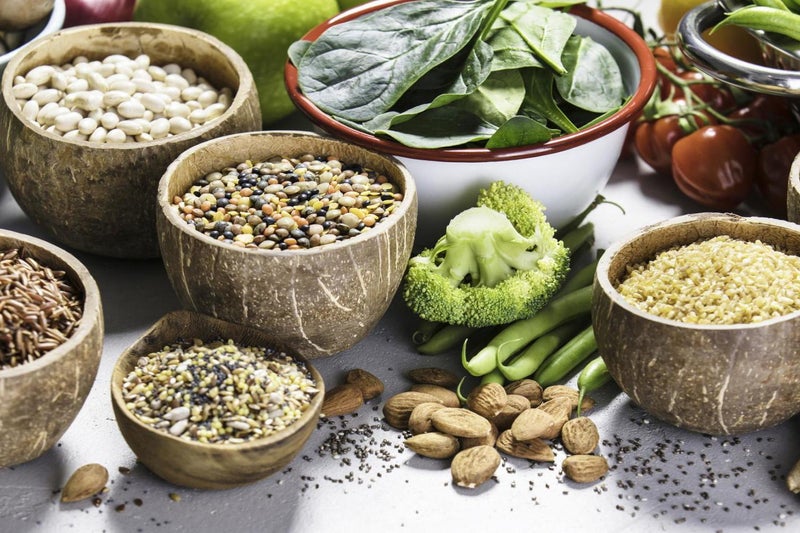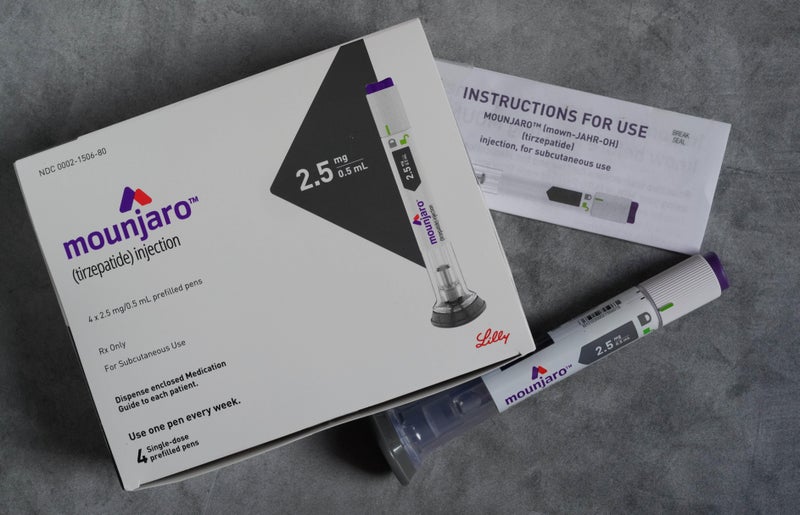Researchers see remarkable health benefits following diet of remote island nation
Researchers see remarkable health benefits following diet of remote island nation
Share:
The traditional diet in this island country runs rings around processed Western diets. Typical Western diets are low in fibre and high in processed foods. They’re linked to diabetes, heart disease and obesity. They harm our bodies, but also our gut microbiomes (the bacteria, fungi and viruses that live in our intestinal tracts and help us to stay healthy). Scientists are constantly looking for methods to create healthy gut microbiomes and prevent diseases. My own quest has taken me to Papua New Guinea, just north of Australia in the Pacific Ocean.
![[A performer in traditional dress in Port Morseby, Papua New Guinea]](https://static.independent.co.uk/2024/07/26/05/Papua_New_Guinea_Violence_16905.jpg)
I have been fascinated by Papua New Guinea for a long time. Its remote valleys were, until 1930, almost untouched by the modern world. Many of its people — who speak more than 800 languages — live a non-industrialised lifestyle. And it has an ancient system of sustenance agriculture (where the food a family eats is grown by that family). My fascination sparked a nine-year research project including researchers from eight countries. Our paper has now been published in the scientific journal Cell.
![[Many people in Papua New Guinea live non-industrialised lifestyles]](https://static.independent.co.uk/s3fs-public/thumbnails/image/2015/05/05/08/Papua-New-Guinea.jpg)
In previous research, my team studied the gut microbiomes of rural Papua New Guineans. We discovered microbiomes that are more diverse than their westernised counterparts, enriched in bacteria that thrive on dietary fibre, and with lower levels of inflammation-causing bacteria that are typically found in people who eat highly processed foods. This information provided hints on how to perhaps redress the damage caused to our gut microbiomes.
The traditional diet in rural Papua New Guinea is rich in unprocessed plant-based foods that are full of fibre but low in sugar and calories, something I was able to see for myself on a field trip to Papua New Guinea. Determined to create something everyone could use to benefit their health, our team took what we saw in Papua New Guinea and other non-industrialised societies to create a new diet we call the NiMe (non-industrialised microbiome restore) diet.
What sets NiMe apart from other diets is that it is dominated by vegetables (such as leafy greens) and legumes (such as beans) and fruit. It only contains one small serving of animal protein per day (salmon, chicken or pork), and it avoids highly processed foods. Dairy, beef and wheat were excluded from the human trial because they are not part of the traditional diet in rural Papua New Guinea. The other characteristic distinction of the diet is a substantial dietary fibre content. In our trial, we went for around 45g of fibre a day, which exceeds the recommendations in dietary guidelines.
One of my PhD students got creative in the kitchen designing recipes that would appeal to a person used to typical Western dishes. These meals allowed us to develop a meal plan that could be tested in a strictly controlled study in healthy Canadian adults. We saw remarkable results including weight loss (although participants didn’t change their regular calorie intake), a drop in bad cholesterol by 17 per cent, decreased blood sugar by 6 per cent, and a 14 per cent reduction in a marker for inflammation and heart disease called C-reactive protein. These benefits were directly linked to improvements in the participants’ gut microbiome, specifically, microbiome features damaged by industrialisation.
On a western diet low in dietary fibre, the gut microbiome degrades the mucus layer in the gut, which leads to inflammation. The NiMe diet prevented this process, which was linked to a reduction in inflammation. The diet also increased beneficial bacterial metabolites (byproducts) in the gut, such as short-chain fatty acids, and in the blood, such as indole-3-propionic acid – a metabolite that has been shown to protect against type 2 diabetes and nerve damage.
Research also shows that low dietary fibre leads to gut microbes ramping up protein fermentation, which generates harmful byproducts that may contribute to colon cancer. In fact, there is a worrying trend of increased colon cancer in younger people, which may be caused by recent trends towards high-protein diets or supplements. The NiMe diet increased carbohydrate fermentation at the expense of protein fermentation, and it reduced bacterial molecules in the participants’ blood that are linked to cancer.
















